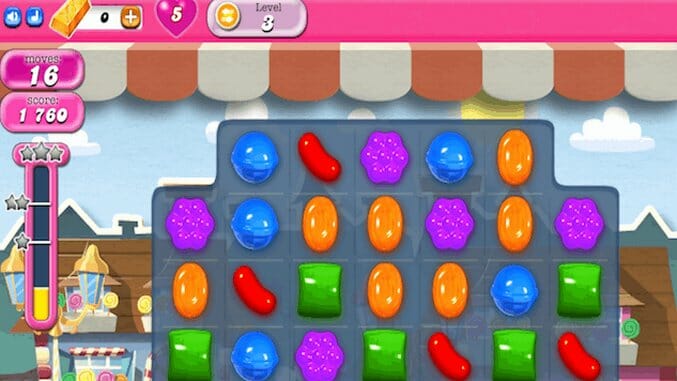How Technology Is Designed to be Addictive

Watch any clichéd romantic comedy and you’ll likely hear the line, “It’s not you, it’s me.” It’s used to make a breakup hurt a little less. The party doing the breaking-up takes the fall for everything that caused the schism.
It turns out you might just be able to say the same thing to your smartphone and other internet-enabled devices. Some experts believe that our devices—as well as the applications that fill their memory cards—have been designed to make us addicted to them.
This is a long time coming, too—addiction to gambling and slot machines were the first “fun” activities that showed addictive qualities, and that addiction segued into video game consoles. Alongside Xboxes and Playstations, most of us now have cell phones, too, and that means this cycle won’t stop anytime soon.
How Can We Be Addicted to a Device?
So many people believe that an addiction is reserved for something notably bad for you, illegal or both. Obviously, gambling can fall into the former category, since developing an addiction to it can land you in major debt. As for the illegal side of things, it’s clear to see what might constitute an illegal addiction: drugs.
Still, your smartphone can have just as strong a pull on you. If you scale the definition back, an addiction is something that plays a big part in your life, and you can’t control how big of a role it has. You likely feel like you can’t live without your addiction, whether it’s poker, alcohol or your iPhone.
Fortunately, behavioral addictions are the ones you can fix on your own.
But How Are Smartphones Making Us Addicts?
It’s true that not all addictive devices and applications have come on the market with the intention of becoming addictive. Take email as an example. It was created to make the transmission of messages faster, easier and more efficient. There’s no indication that the creators of email wanted it to be something we check as soon as we peel our eyes open in the morning and just before we close them at night.
On the other hand, there are apps simply created with addictive qualities so you can’t stop logging on and engaging. Much of the time these are games you can download onto your smartphone or tablet—often times, they’ll become wildly popular across the country, too.
You might have one of the games on your phone right now. Downloads like Bejeweled, Candy Crush and Angry Birds might make you feel like you can’t stop playing. That’s because they place random rewards into the game that you’ll feel compelled to uncover. Many smartphone apps are designed to make you feel like you’re a pro right away so you keep playing and playing. But if that doesn’t work, they’ll give the game an unforgettable soundtrack so you’re regularly reminded of the tune and want to log on.
-

-

-

-

-

-

-

-

-

-

-

-

-

-

-

-

-

-

-

-

-

-

-

-

-

-

-

-

-

-

-

-

-

-

-

-

-

-

-

-








































